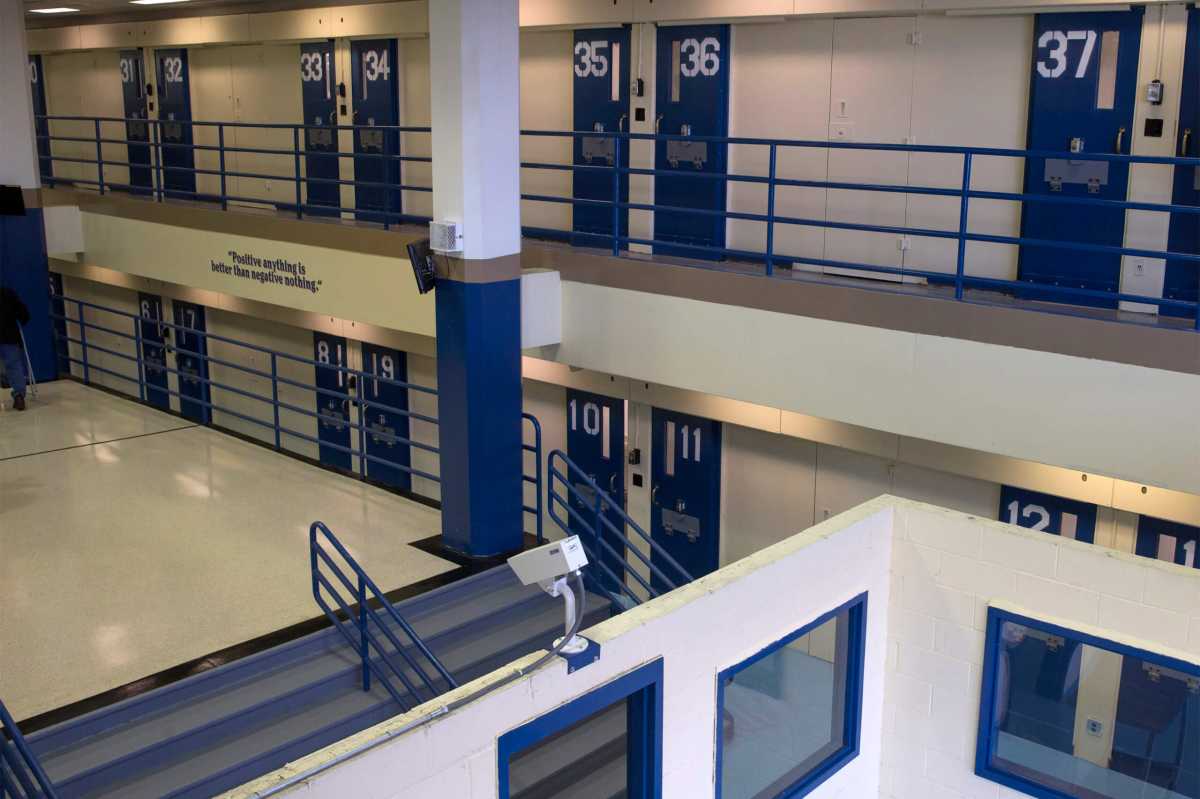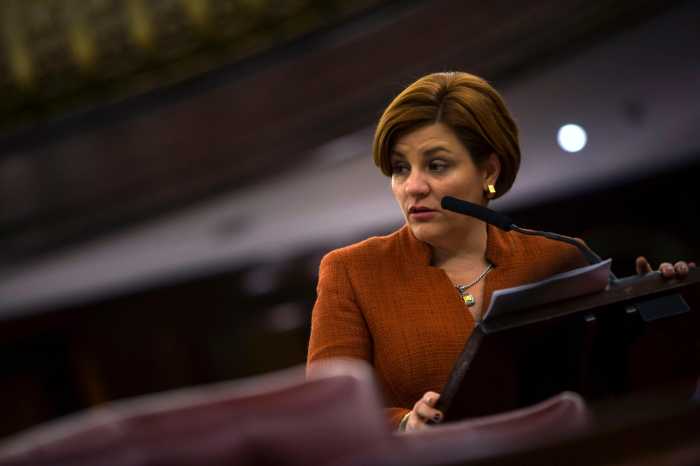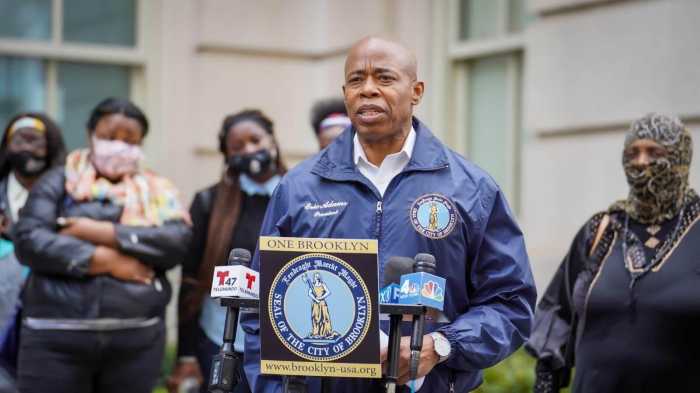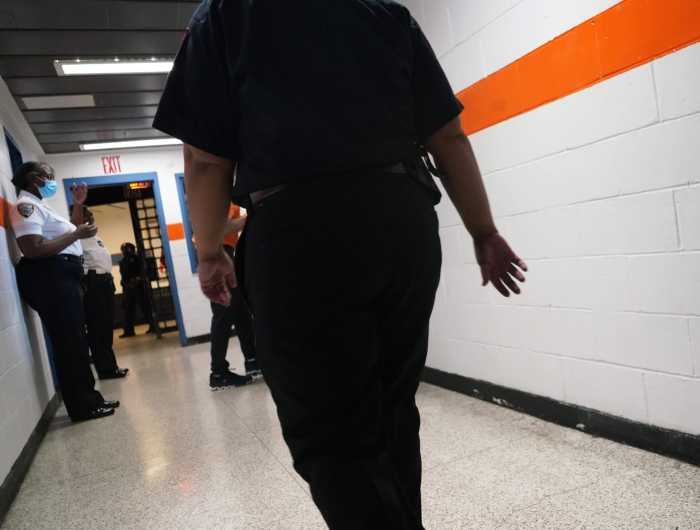The city’s Board of Correction (BOC) is unveiling a proposal that the de Blasio administration says would finally end solitary confinement in New York City jails.
The proposal, which will be announced at the BOC’s public meeting March 9, calls to end solitary confinement by November 1 and replace it with a so-called Risk Management Accountability Plan, which would allow for at least 10 hours per day outside of a cell, five hours of “daily programming,” access to case management services, individualized behavioral support plans, and occasional reviews by a multidisciplinary team, according to a joint announcement by the mayor and the BOC.
The announcement comes at a time when the city has faced increased pressure to do away with solitary confinement — especially in light of the 2019 death of Layleen Xtravaganza Cubilette-Polanco, a transgender woman who was neglected by guards at Rikers who left her alone while she suffered a fatal health emergency in her “restrictive housing” cell, which is a form of solitary confinement.
De Blasio touted the proposed change as a shift towards valuing life and rehabilitation while “making good on our commitment to ban solitary confinement altogether, creating jails that are fundamentally smaller, safer, and fairer.”
Board of Correction chair Jennifer Jones Austin, who is also executive director of Fulfilling the Promise of Opportunity, said in a written statement that the proposal “will end solitary confinement in the New York City jail system and replace it with a system that aims to provide the care and support needed to address violent behavior and better ensure safety for all.”
The de Blasio administration said last June that the city would immediately end the use of solitary confinement among individuals with certain health conditions, including diabetes, serious mental illness, and those taking blood thinners, asthma medication, or medication for seizures. Those who have received organ transplants or have been diagnosed with heart disease, lung disease, or kidney disease were also on that list.
At the same time, the administration announced the formation of a working group that would seek a path forward towards ending solitary confinement on a broader level.
“The working group worked diligently to develop a system that would end the harms of solitary confinement, and keep officers, staff, and people detained safe,” BOC vice chair and executive vice president of Fortune Society, Stanley Richards, said in a written statement March 8. “The workgroup focused on building a system of accountability, transparency, and individualized support that we know will change behavior.”
David Shanies, an attorney who represents Polanco’s family, welcomed the proposed changes.
“Solitary confinement can be extremely destructive, and even deadly, as it was for Layleen Polanco,” Shanies told Gay City News in a written statement. “The Board of Correction’s proposed reforms cannot come soon enough.”
Last December, out gay City Councilmember Daniel Dromm proposed legislation that would ban solitary confinement unless it is needed to “de-escalate immediate conflict,” and even then, individuals would only be allowed to be placed in solitary confinement for four hours.
The legislation also stipulates that any use of solitary must come with an explanation in the form of an incident report outlining why the individual was placed in solitary, and among other requirements, the bill also notes that “restrictive housing” could only be used for up to four months in a given year.
Like the new proposal, the bill states that incarcerated individuals should be able to congregate with others during out-of-cell time and have access to education and programming.
The proposed changes were also announced roughly a week after Polanco’s sister, Melania Brown, urged de Blasio to take action against solitary confinement.
“The Mayor invoked my sister’s name and said he was going to end solitary by October 2020,” Brown said in a written statement following a March 2 rally at City Hall. “We are now in March 2021. I am not OK with the Mayor and all these people in power using my sister’s name and her platform to silence the people and then do nothing about it. My sister is not a hashtag. She is a human being who died in the hands of the government. They use solitary confinement to further hurt our loved ones. This torture needs to end now.”
If the changes go into effect, it remains to be seen how the Correction Department would respond to the new regulations. The City, a non-profit news publication, reported last month that the department has resisted rules imposed by the BOC restricting the use of solitary confinement among young adults. The department used an “emergency variance declaration” to justify the use of solitary for up to 24 hours, according to The City. Those in custody can leave public comments on the board’s voicemail box at 212-669-7900.
To sign up for the Gay City News email newsletter, visit gaycitynews.com/newsletter.



































